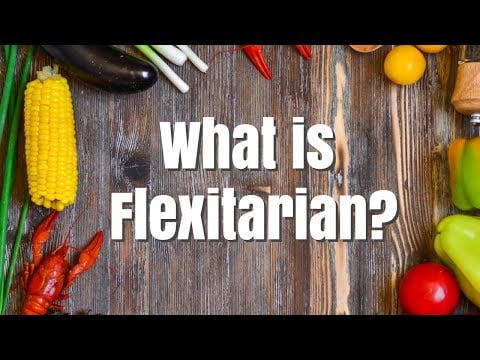What is a Flexitarian Diet and How Can it Benefit Your Health?
The flexitarian diet, also known as the “flexible vegetarian” diet, is an eating plan that emphasizes plant-based foods while allowing for occasional consumption of animal products. It is a great option for those looking to incorporate more plants and vegetables into their meals while still enjoying some of their favorite dishes. Here is what you need to know about this increasingly popular way of eating:
What is the flexitarian diet?
The flexitarian diet is centered around eating mostly plant-based foods such as fruits, vegetables, legumes, whole grains, nuts, and seeds. Animal products such as meat are allowed (in moderation), but not emphasized like in other diets.
The goal of the diet is to help people eat more plants and reduce their consumption of animal products without completely eliminating them from their lives. The term “flexitarian” was coined by registered dietitian Dawn Jackson Blatner in her 2009 book The Flexitarian Diet.
What are the benefits of a flexitarian diet?
There are several potential health benefits associated with following a flexitarian diet including: improved cholesterol levels; increased energy; improved digestion; weight loss; better cardiovascular health; and reduced risk of cancer and diabetes. Additionally, it can be a sustainable way to reduce your environmental impact since plant-based foods require less energy and resources to produce than animal products do.
How do you start following a flexitarian diet?
If you are interested in trying out a flexitarian lifestyle for yourself, start by focusing on adding more plant-based foods to your existing meals rather than taking anything away. Think about incorporating beans or lentils into soups or salads; adding nuts or seeds to smoothies or yogurt bowls; trying out some vegetarian breakfast recipes like avocado toast or oatmeal; using vegetable broth instead of chicken broth in stir fries; etc. You can also experiment with plant-based proteins like tofu or tempeh as alternatives to meat dishes (try incorporating them into tacos!).
In summary, the flexitarian diet emphasizes mostly plant-based foods while allowing for occasional consumption of animal products. This type of dietary pattern has many potential health benefits such as improved cholesterol levels and increased energy levels. To get started on your own flexitarian journey, focus on adding more plants and vegetables rather than thinking about what needs to be removed from your plate!





